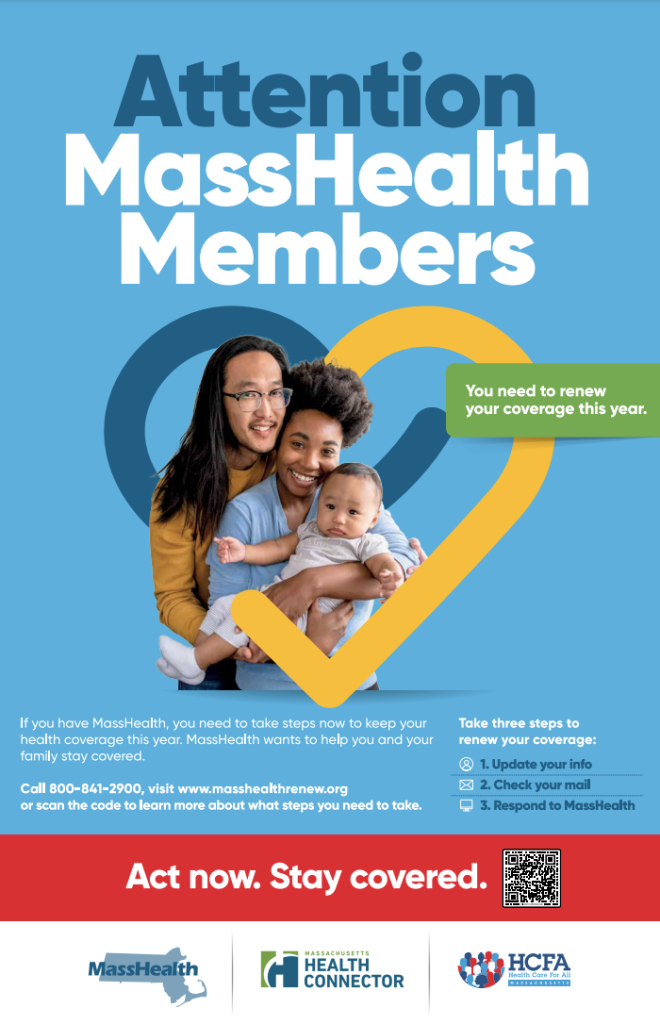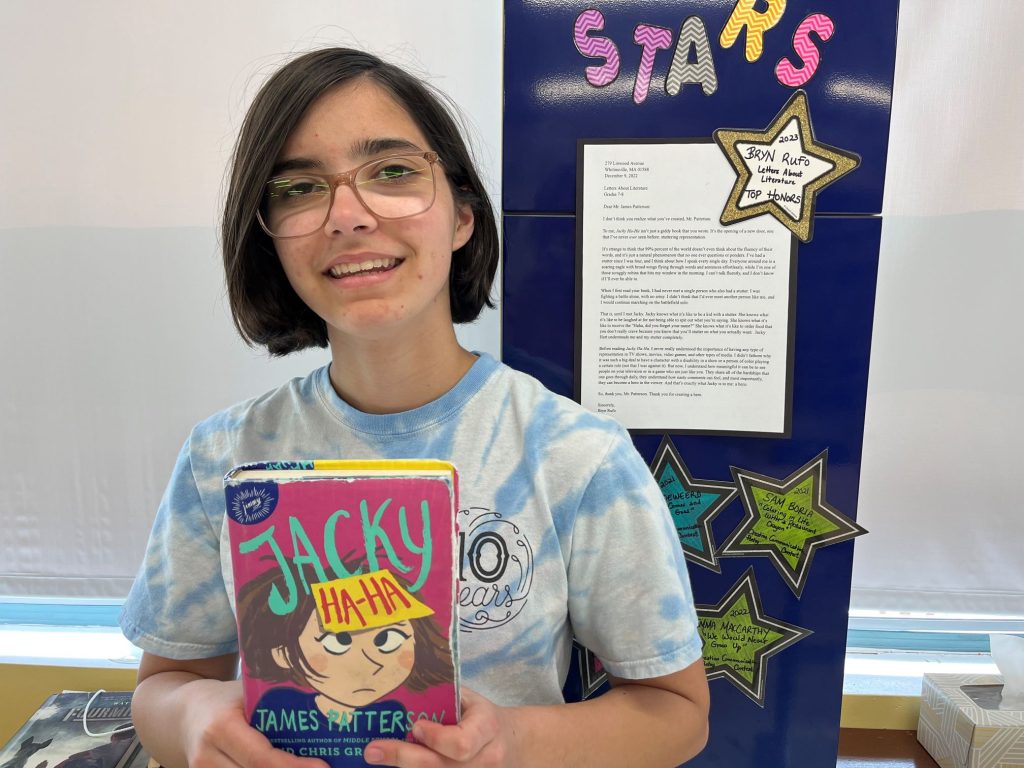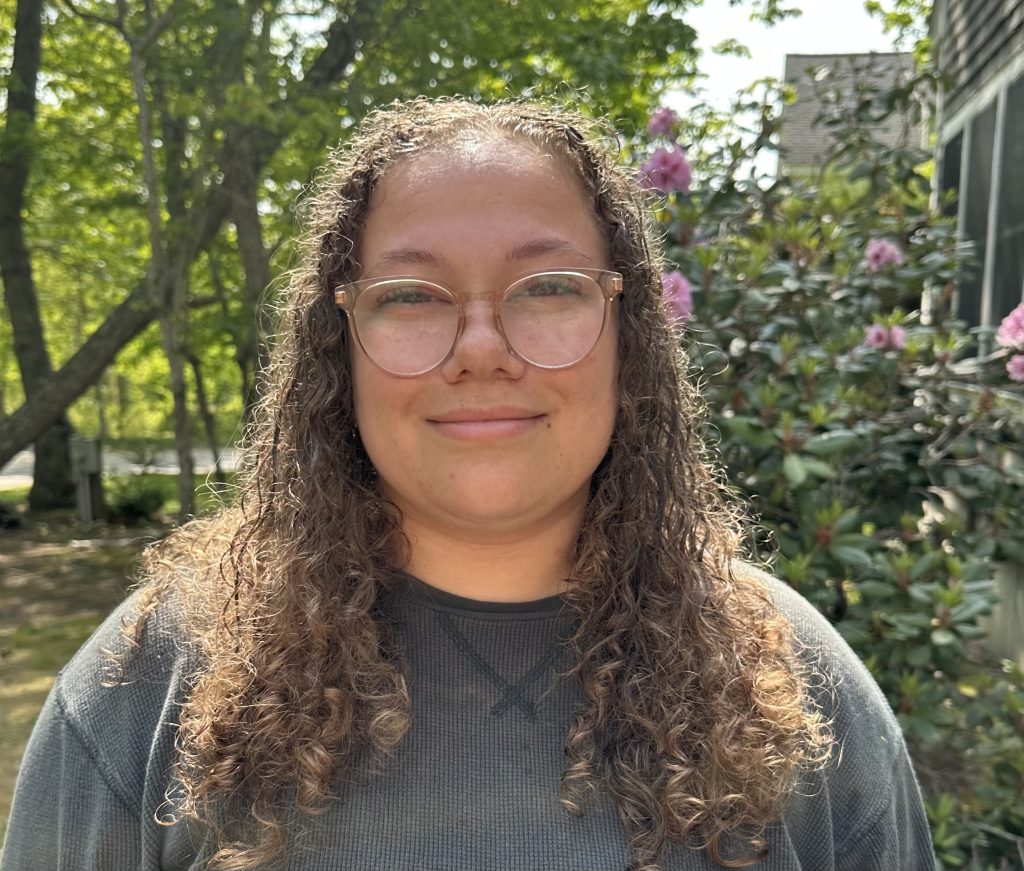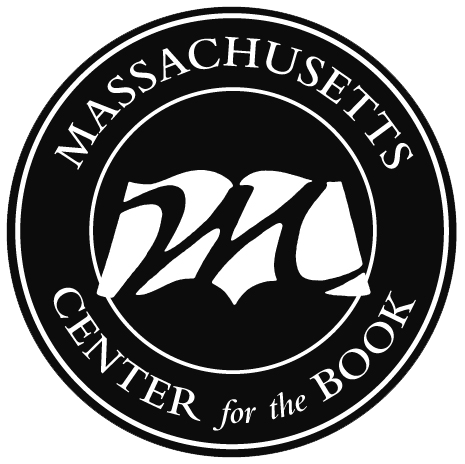Below are issue-related *articles. The most recent are listed first.
Massachusetts based news stories:
This was an attempt at censorship and it’s dangerous.
(Community Advocate) As regular visitors to the Westborough Library, we were appalled to witness the actions of one resident, at the town meeting where she voted against funding the library, due to her opinions about book content and demands to have it removed from the children’s section.
Defund the library because we don’t like a book?
Read full article
Can it happen here? Even in Worcester, books are challenged, if not banned
“Constitutionally, that’s not why we have public education in Massachusetts,” said Novick. “The purpose of a public school system is not just so an individual child learns algebra but making sure they are prepared to participate in democracy.”
Read full article
Protest is one thing, but attempts to disrupt library access can be unlawful
February 8, 2023
(Boston Globe-Opinion) The American Civil Liberties Union of Massachusetts decries the rising tide of intolerance exemplified by assaults on our public libraries (“Librarians are targets in culture war,” Page A1, Feb. 6). Last month, together with our partners at GLBTQ Legal Advocates and Defenders, we addressed parallel efforts by a vocal minority to remove books from school libraries.
Read Full Article
‘It’s now come to our doorstep’: Librarians find themselves at the center of increasingly bitter culture wars
February 6, 2023
(Boston Globe) FALL RIVER — David Mello leads the children’s section of the 19th-century library in the center of the city, a longtime public servant whose ready smile turns rueful when he recalls the ugly protest on its granite steps late last year.
About 20 neo-Nazis shouted at adults and children as they arrived Dec. 10 for Drag Story Hour, a library event in which volunteers who are dressed in drag read books to children. The readers were denounced as pedophiles. Antisemitic slurs were hurled at an adult there wearing a yarmulke. And protesters flashed the Nazi salute.“It’s now come to our doorstep,” Mello said. “In a building where everyone should feel comfortable, it saddens you that people have to be worried violent protesters might be outside.”
Read full article
White supremacists protest Taunton drag queen story time, police say
January 16, 2023
(ABC, News6) Police said over two dozen members of NSC-131, a white nationalist group, gathered outside the library Saturday to protest the event.
The protesters dressed in black masks and khaki pants waved a painted banner that read, “Drag queens are pedophiles.”
This group is also believed to be responsible for the racist flyers that have been dispersed throughout Rhode Island in the recent months.
Full story
Chelmsford Public Library reinstates ‘pastor story hour’ after church claims rights were violated
January 12, 2023
(Boston Globe)The Chelmsford Public Library has reinstated a pastor’s story hour that was planned for Friday morning but abruptly canceled Thursday afternoon after library officials said the church that organized the event misrepresented its plans.
A lawyer for The Shepherd’s Church had claimed the library bowed to public pressure after it became known that the event was planned in response to drag queen story hours.
Read full story
Neo-Nazis disrupted a drag event in Fall River. Organizers said they won’t be discouraged.
December 15, 2022
(The Herald News) FALL RIVER — A group of organized neo-Nazis disrupted a children’s event featuring a drag artist in Fall River this past weekend, with organizers vowing to not be discouraged from putting on future events.
“It was the most unsettling thing I’ve seen with my own eyes in a really long time,” said Sean Connell, President of the Fall River Pride Committee. “I think it’s so imperative to stay out here in the face of hate like this.”
Read full story
Christmas tree dispute at library has pitted ‘neighbor against neighbor,’ Dedham officials say
December 9, 2022
(Boston Globe) “Unfortunately, a recent social media post expressing disagreement with the decision to display a holiday tree at the library has quickly evolved into a polarized environment and has led to the harassment and bullying of town employees,” the town said in a statement Thursday. “We wholeheartedly condemn this behavior as it tears at the fabric of our community and cannot be tolerated.”
Read full article
Book challenges on rise in Mass. amid culture wars
November 27, 2022
(Eagle Tribune)Massachusetts librarians are fielding a dramatic uptick in the number of book “challenges” from parents and outside groups who are upset about what they view as inappropriate content on sexuality and racism for younger readers.
A recent survey conducted by the Massachusetts Library Association found that informal challenges, disruptions and objections “quadrupled” between 2021 and 2022.
More than 100 libraries that responded to the group’s annual survey reported at least 78 book challenges so far this year — up from only 20 last year.
Read more
National news stories:
Book Challenges Nearly Doubled From 2021
The American Library Association (ALA) today released new data documenting* 1,269 demands to censor library books and resources in 2022, the highest number of attempted book bans since ALA began compiling data about censorship in libraries more than 20 years ago. The unparalleled number of reported book challenges in 2022 nearly doubles the 729 challenges reported in 2021.
Read more
The top library books people tried to ban or censor last year
Battles have erupted at schools, school boards and library meetings across the country as parents, lawmakers and advocacy groups are debating books. The American Library Association documented more than 1,200 demands to censor books and resources last year, the highest since it started collecting data 20 years ago. Jeffrey Brown discussed more with the group’s director, Deborah Caldwell-Stone.
More from PBS NewsHour
Judge orders books removed from Texas public libraries due to LGBTQ and racial content must be returned within 24 hours
(CNN) A federal judge in Texas ruled that at least 12 books removed from public libraries by Llano County officials, many because of their LGBTQ and racial content, must be placed back onto shelves within 24 hours, according to an order filed Thursday.
Seven residents sued county officials in April 2022, claiming their First and 14th Amendment rights were violated when books deemed inappropriate by some people in the community and Republican lawmakers were removed from public libraries or access was restricted.
Read full article
Why Libraries Are in More Danger Than Ever — And What We’d Lose if Censorship Succeeds
Literary icon Judy Blume weighs in on this spirited debate.
(Katie Couric Media) Here’s the thing: Frustrating though they are, book bans often serve little practical purpose beyond elevating the popularity of titles that are pulled from shelves. But the defunding of libraries is actually an extremely effective strategy for censorship and voter suppression.
Read full article
‘Straight out of a dystopian novel’: Missouri Dem blasts state GOP for defunding libraries
(MSNBC) Missouri State Rep. Peter Merideth and Katie Earnhart, the director of the Cape Girardeau Public Library in Missouri, join MSNBC’s Jonathan Capehart to discuss Missouri state house Republicans voting to cut funding for public libraries in retaliation to a lawsuit targeting a law that has led to hundreds of books being banned.
Read/listen to full article
Library director rejects request to remove LGBTQ book
(Fremont Tribune) A request to totally remove the LGBTQ-themed book “This Book is Gay,” by local business owner Sandra Murray has been rejected by Keene Memorial Library Director Laura England-Biggs, who cited the book’s value to youth “questioning their identity” in keeping the tome on library shelves.
Read full article
New Hampshire lawmakers consider bill about obscene materials in schools
February 8, 2023
(WMUR9) CONCORD, N.H. —A bill under consideration in Concord is being touted by supporters as a way to protect children from obscene material, but opponents call it an effort to ban books.The legislation would affect schools in grades K-12, which the bill’s sponsor, state Rep. Glenn Cordelli, R-Tuftonboro, said are currently exempt from state obscenity laws. Opponents said he’s misreading the law.
Read Full Article
Glen Ridge Library won’t ban LGBTQ books as a thousand people show up in opposition
February 8, 2023
(NorthernJersey.com) GLEN RIDGE − The way the throngs streamed into the Ridgewood Avenue Middle School on Tuesday night, jockeying for position to get to a speaker signup sheet in the lobby, you would have thought Beyoncé herself was signing autographs. The event, a meeting of library trustees, sounds far more quotidian. But to the roughly thousand people who packed the auditorium and the many who spoke passionately against a proposed ban on six books for young adults that touch on issues of gender nonconformity, the event held enormous significance.
Read Full Article
Louisiana: “AG Releases Report on ‘Sexually-Explicit’ Content in Public Libraries”
February 8, 2023
(Library Journal) Louisiana Attorney General Jeff Landry unveiled a new report — titled the “Protecting Innocence Report” — on Tuesday, which includes a list of books his office considers to be “sexually explicit” or inappropriate for children.
Read Full Article
America’s culture warriors are going after librarians
December 21, 2022
(.coda) It’s a tale playing out in cities and states across the country, as a book-banning fever courses through the country’s body politic. Nationally, attempts to remove books from school and public libraries are shattering previous records. The effort is being driven by a loose collection of local and national conservative parents’ groups and politicians who have found a rewarding culture war battle in children’s books about gender, diversity and sexuality. The majority of these groups were created during the pandemic as part of a broader “parents’ rights” movement that formed in opposition to Covid-related masking and remote learning policies in schools and that has since widened its focus to include challenging library and classroom books about race and LGBTQ issues.
Read full article
Kirk Cameron is denied story-hour slot by public libraries for his new faith-based kids book
December 7, 2021
(Fox News) With a new children’s book out that celebrates family, faith and biblical wisdom, actor-writer-producer Kirk Cameron cannot reach scores of American children or their families in many U.S. cities via the public library system because over 50 public libraries have either outright rejected him or not responded to requests on his behalf.
Read full story
Kirk Cameron declares a ‘win’ over two public libraries that denied him story hours but now have ‘caved’
December 19, 2022
In comments to Fox News Digital over the weekend, actor and writer Kirk Cameron declared that he has “won” against two public libraries in this country that previously denied him the space and opportunity to hold a children’s book story hour program in their facilities — and that now are offering to work with him on room bookings after he challenged their denials and threatened to “assert” his “rights in court.”
Read full story
Opinion: The school library used to be a sanctuary. Now it’s a battleground
October 31, 2022
(CNN) In September 2021, protesters ambushed the board meeting of the New Jersey school district where I have worked as a high school librarian since 2005. The protesters railed against “Gender Queer,” a memoir in graphic novel form by Maia Kobabe, and “Lawn Boy,” a coming-of-age novel by Jonathan Evison. They spewed selected sentences from the Evison book, while brandishing isolated images from Kobabe’s.
But the real sucker punch came when one protester branded me a pedophile, pornographer and groomer of children. After a successful career, with retirement on the horizon, to be cast as a villain was heartbreaking.
Read more
After Her Book Displays Drew Criticism, Librarian Elissa Malespina Lost Her Job. She’s Here to Say “I’m Not OK with This.”
October 13, 2022
(School Library Journal) Elissa Malespina was shelving books in the library at her new school. She started with the biography section, arranging titles to make the shelves more appealing to students at Union (NJ) High School, where she is the new school library media specialist.
Barack Obama. Rosa Parks.
She paused and debated which book to select next.“I better go with Colin Powell,” she thought. “Because then it’s a more conservative approach.”
That decision was not wrong, says Malespina, but the creeping doubt is new.
Read more
Links provided to external (non-MBLC) news stories are done so as a convenience and for informational purposes only; they do not constitute an endorsement or an approval by the MBLC. MBLC bears no responsibility for the accuracy, legality, or content of the external site or for that of subsequent links. Contact the external site for answers to questions regarding its content.
*Links provided to external (non-MBLC) news stories are done so as a convenience and for informational purposes only; they do not constitute an endorsement or an approval by the MBLC. MBLC bears no responsibility for the accuracy, legality, or content of the external site or for that of subsequent links. Contact the external site for answers to questions regarding its content.





